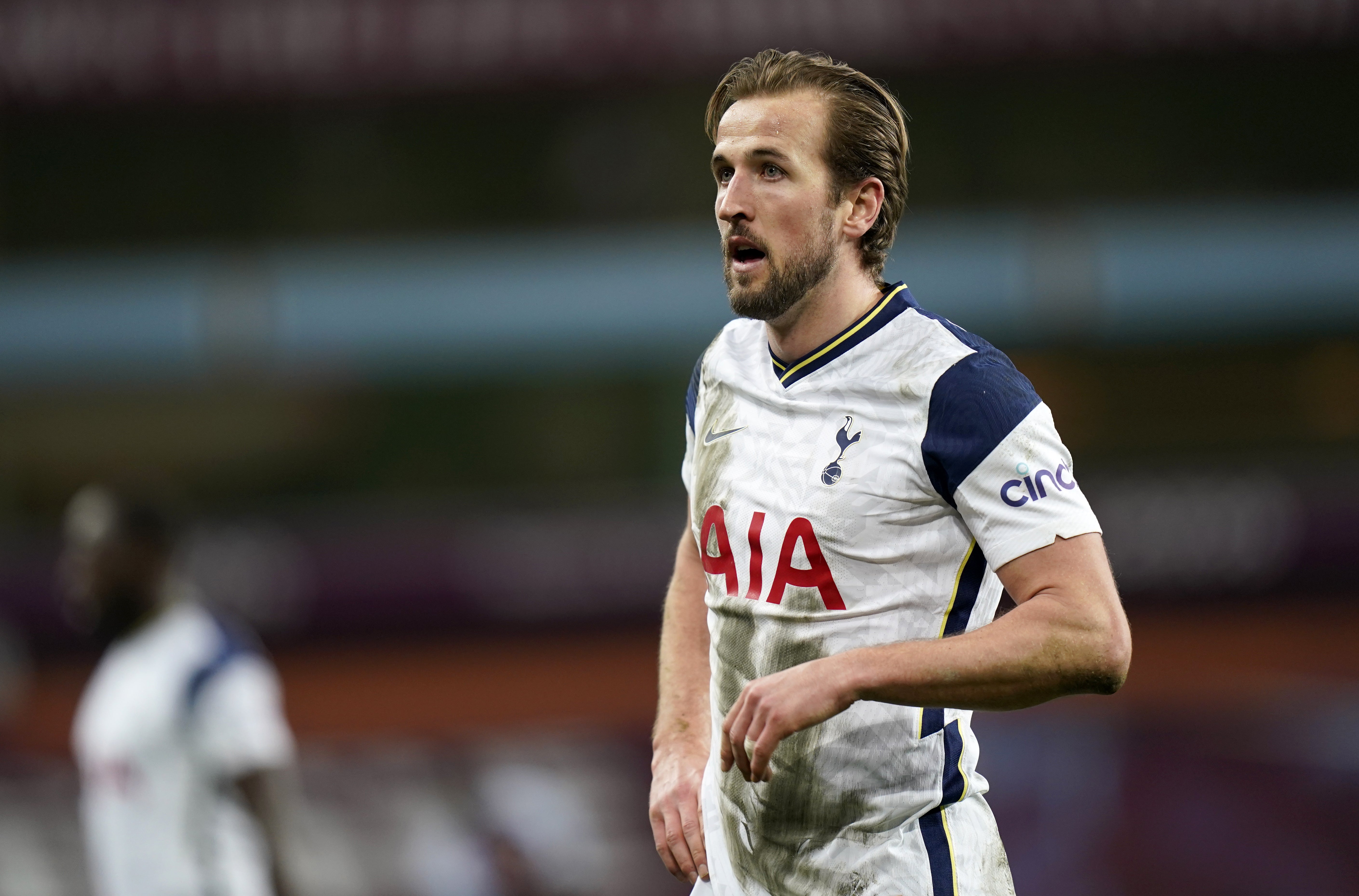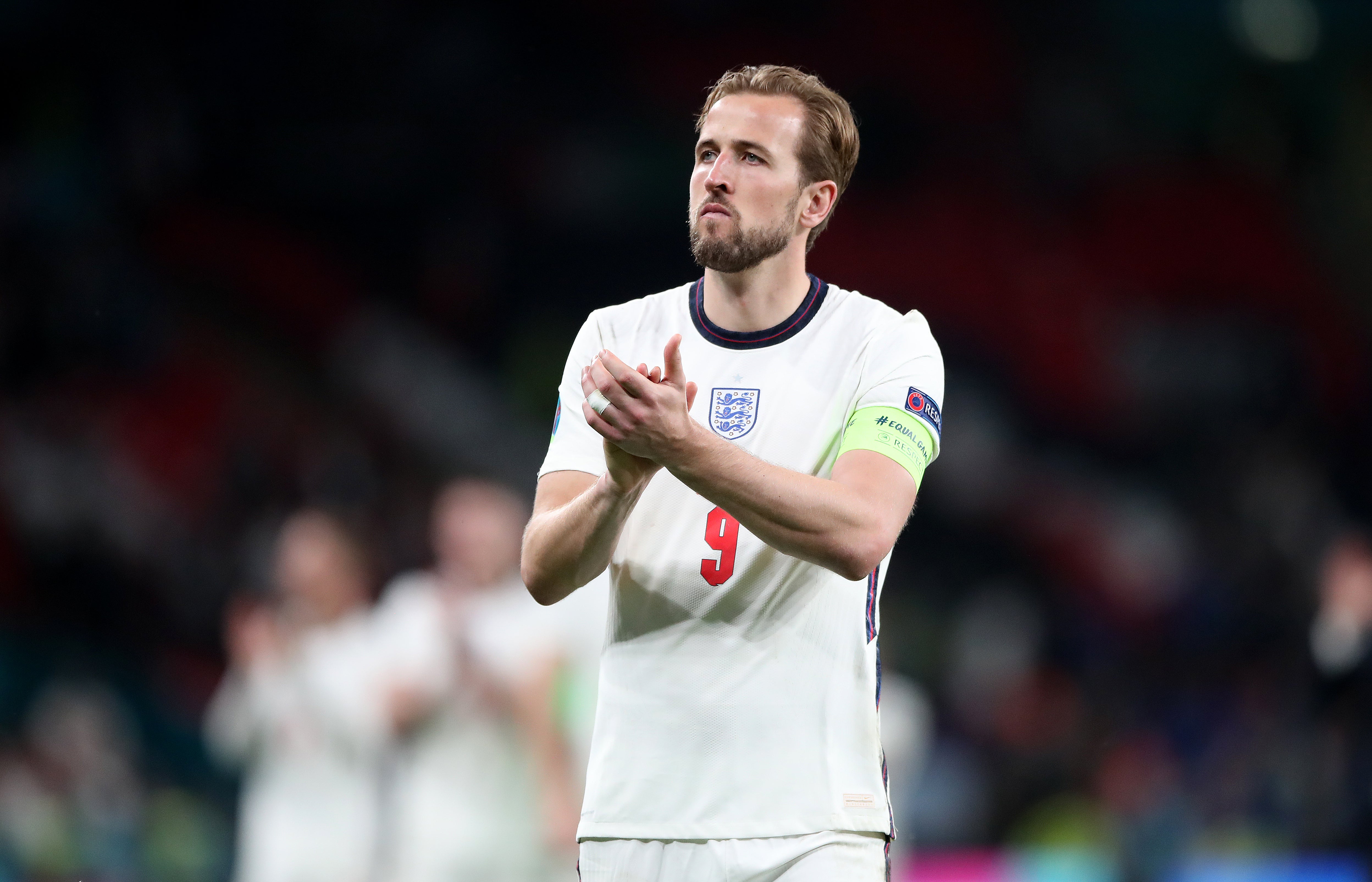Any Harry Kane attempt to buy himself out of Tottenham contract would ‘end up in legal dispute’
The England captain wants to leave Spurs this summer and made his intentions clear by not reporting for pre-season training this week

Your support helps us to tell the story
From reproductive rights to climate change to Big Tech, The Independent is on the ground when the story is developing. Whether it's investigating the financials of Elon Musk's pro-Trump PAC or producing our latest documentary, 'The A Word', which shines a light on the American women fighting for reproductive rights, we know how important it is to parse out the facts from the messaging.
At such a critical moment in US history, we need reporters on the ground. Your donation allows us to keep sending journalists to speak to both sides of the story.
The Independent is trusted by Americans across the entire political spectrum. And unlike many other quality news outlets, we choose not to lock Americans out of our reporting and analysis with paywalls. We believe quality journalism should be available to everyone, paid for by those who can afford it.
Your support makes all the difference.Harry Kane could buy himself out of his contract at Tottenham but it would be likely to end up in a bitter legal battle, a leading employment lawyer has said.
The England captain is keen to leave Spurs this summer and made his intentions clear when he did not report for pre-season training on Monday, instead remaining on holiday in the Bahamas before travelling to Florida as he tries to force through a move to Manchester City.
He is expected to return to the club for talks in the next few days and claims his absence has been blown out of proportion.
But Spurs have no intention of selling Kane, who has three years left on his current six-year contract, and would need an offer in excess of £150million for them to even contemplate coming to the negotiation table.
And with no bid appearing imminent from City, who have just paid £100million for Jack Grealish, Kane’s options appear limited, unless he chooses to invoke the ‘Webster ruling’ – Article 17 of Fifa’s transfer laws that allows players to buy themselves out of their contract after three years.
It would not be just as simple as Kane paying the value of his wages over the remaining term of his contract, though, as the club would claim he is worth more to them than that due to his profile and money he helps bring in through sponsorship and other avenues.
Vanessa James, an employment lawyer at Ashfords who has worked on contract issues with professional football and rugby clubs, says if Kane went down that road it would result in a court case.

“It is something that would end up in legal dispute and they would want to avoid that,” she told the PA news agency. “In spite of having the Webster ruling and Article 17, given it is halfway through, it is a significant cost to Kane in triggering that and if they can’t negotiate the exit figure then it would result in litigation and I think it is pretty unlikely that either side would allow that to happen.
“But if they couldn’t agree a sum that is what would happen. It would be protractive and expensive litigation.
“Although the Webster ruling is out there it still does not give him the ability to walk away from his contract completely, there has to be some kind of discussion over the figure to facilitate his exit.
“The minimum figure would be valued at how much the contract is worth for the three years, but of course Harry Kane is an incredibly high profile player with kudos, so you have funding from sponsors and all of that, so Spurs would be seeking to quantify those elements which is really tough, but they would do that in addition to his buy-out costs.”
Kane, who is set to be fined by his club upon his return, believes he has a gentleman’s agreement with the club to be sold this summer, though Spurs deny it exists, and James says it does not count for anything.
She added: “A gentleman’s agreement is not an enforceable contract or contract term. In law it means nothing. But it does mean there has been a breach of trust between the two parties.
“It is only relevant in that it indicates a potential breach of trust between the parties and that is what has caused him to go down this route.”